I object to violence because when it appears to do good, the good is only temporary; the evil it does is permanent
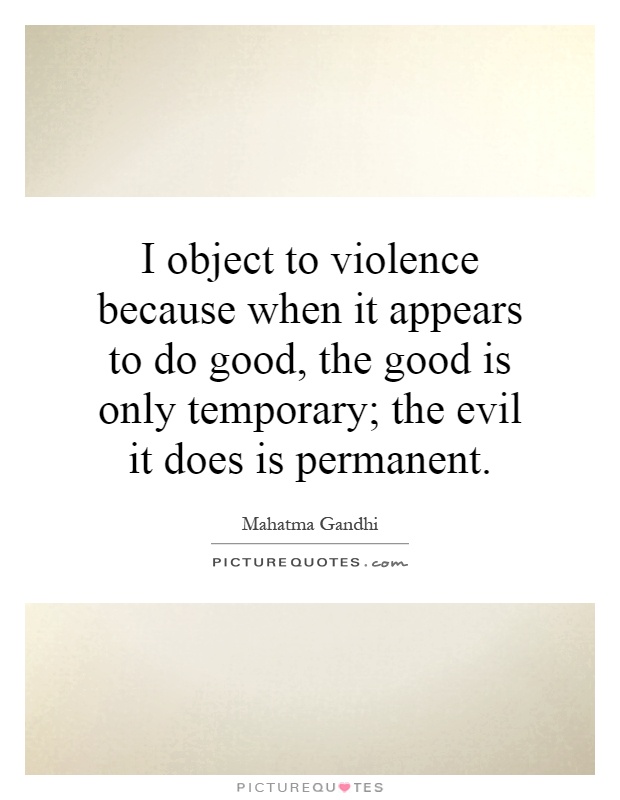
I object to violence because when it appears to do good, the good is only temporary; the evil it does is permanent
Mahatma Gandhi, the revered leader of the Indian independence movement, was a staunch advocate for non-violence and peaceful resistance. His philosophy of ahimsa, or non-violence, was deeply rooted in his belief that violence only begets more violence and ultimately leads to destruction rather than lasting change. Gandhi famously said, “I object to violence because when it appears to do good, the good is only temporary; the evil it does is permanent.”Gandhi’s commitment to non-violence was not just a moral stance, but a strategic one as well. He understood that resorting to violence in the pursuit of justice or freedom may achieve short-term gains, but would ultimately sow the seeds of resentment, hatred, and further conflict. Gandhi believed that true change could only come through peaceful means, through dialogue, negotiation, and the power of moral persuasion.
Throughout his life, Gandhi demonstrated the power of non-violence in achieving social and political change. His campaigns of civil disobedience, such as the Salt March and the Quit India Movement, were powerful examples of how non-violent resistance could mobilize masses of people and challenge oppressive systems of power. Gandhi’s commitment to non-violence inspired countless others around the world, including civil rights leaders like Martin Luther King Jr. and Nelson Mandela.
Gandhi’s philosophy of non-violence was deeply rooted in his understanding of human nature and the interconnectedness of all beings. He believed that violence not only harmed the immediate victims, but also the perpetrators themselves, as it eroded their humanity and moral integrity. Gandhi saw violence as a cycle that could only be broken through love, compassion, and understanding.


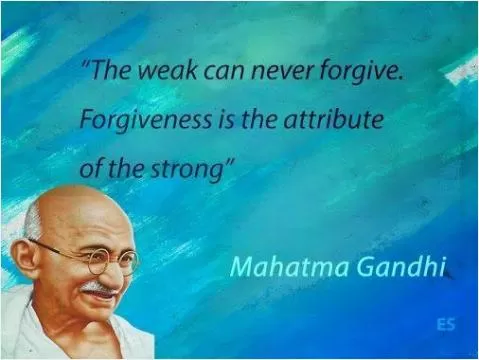

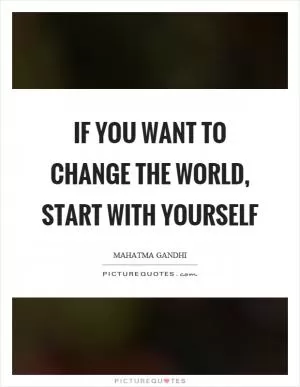
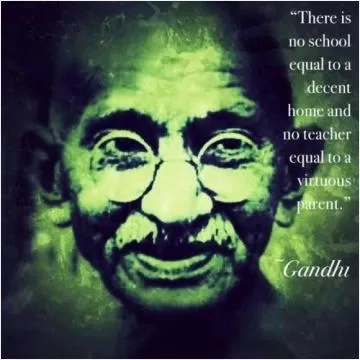



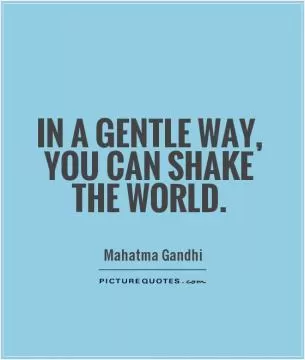
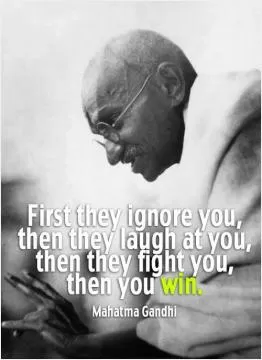

 Friendship Quotes
Friendship Quotes Love Quotes
Love Quotes Life Quotes
Life Quotes Funny Quotes
Funny Quotes Motivational Quotes
Motivational Quotes Inspirational Quotes
Inspirational Quotes